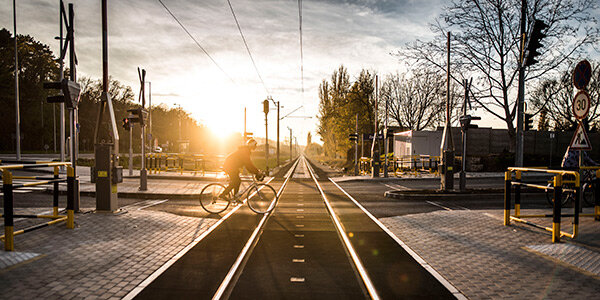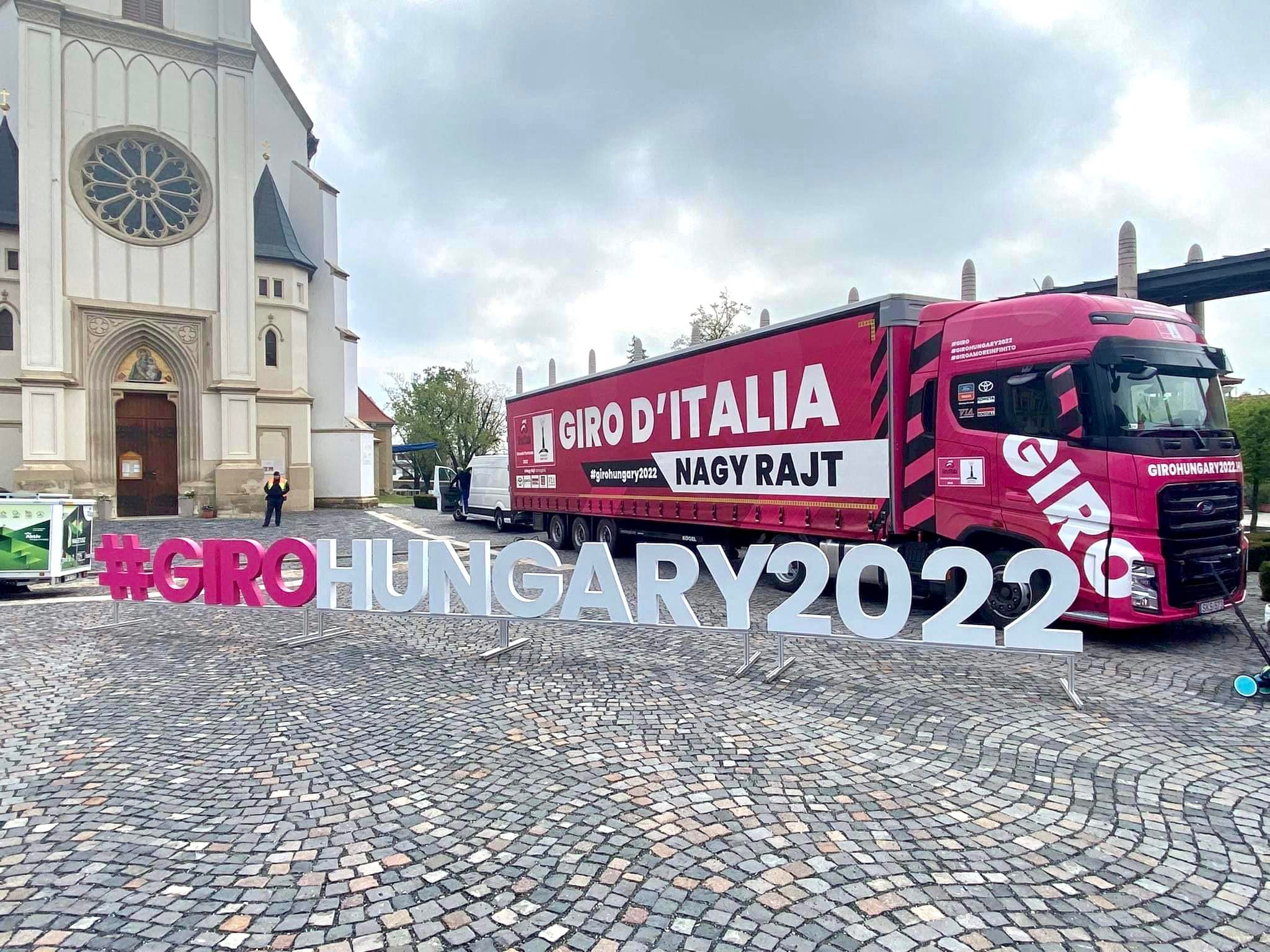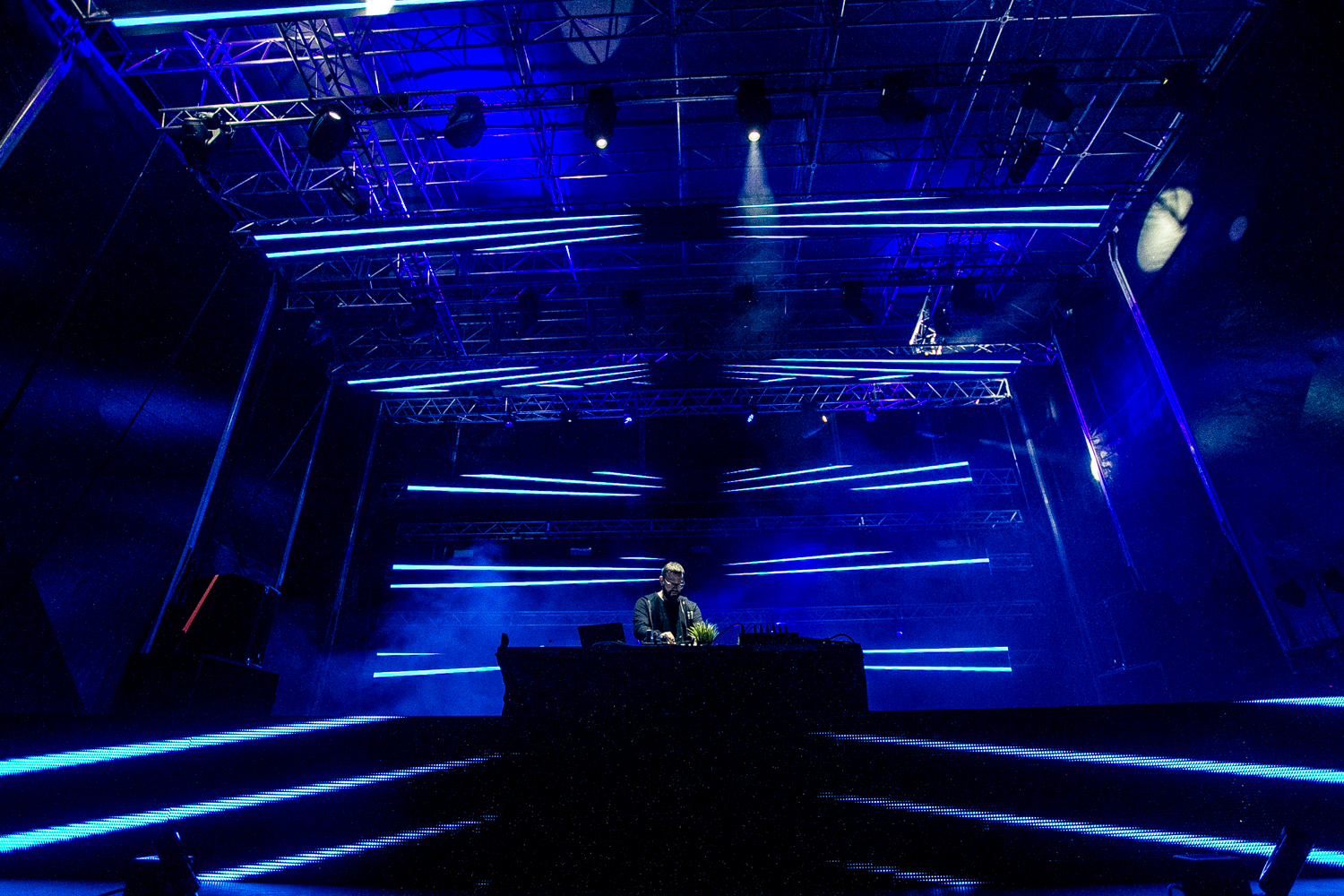The Nemzeti Infrastruktúra Fejlesztő Zrt. (National Infrastructure Development Company) is currently in the process of renovating a new section of the South Balaton railway line. During the overhaul, which is expected to be completed by the summer of 2018, the entire South Balaton line will be updated, but the repair works will not affect the summer season, and won’t complicate anyone’s vacation plans by forcing passengers to change trains where they wouldn’t normally have to.
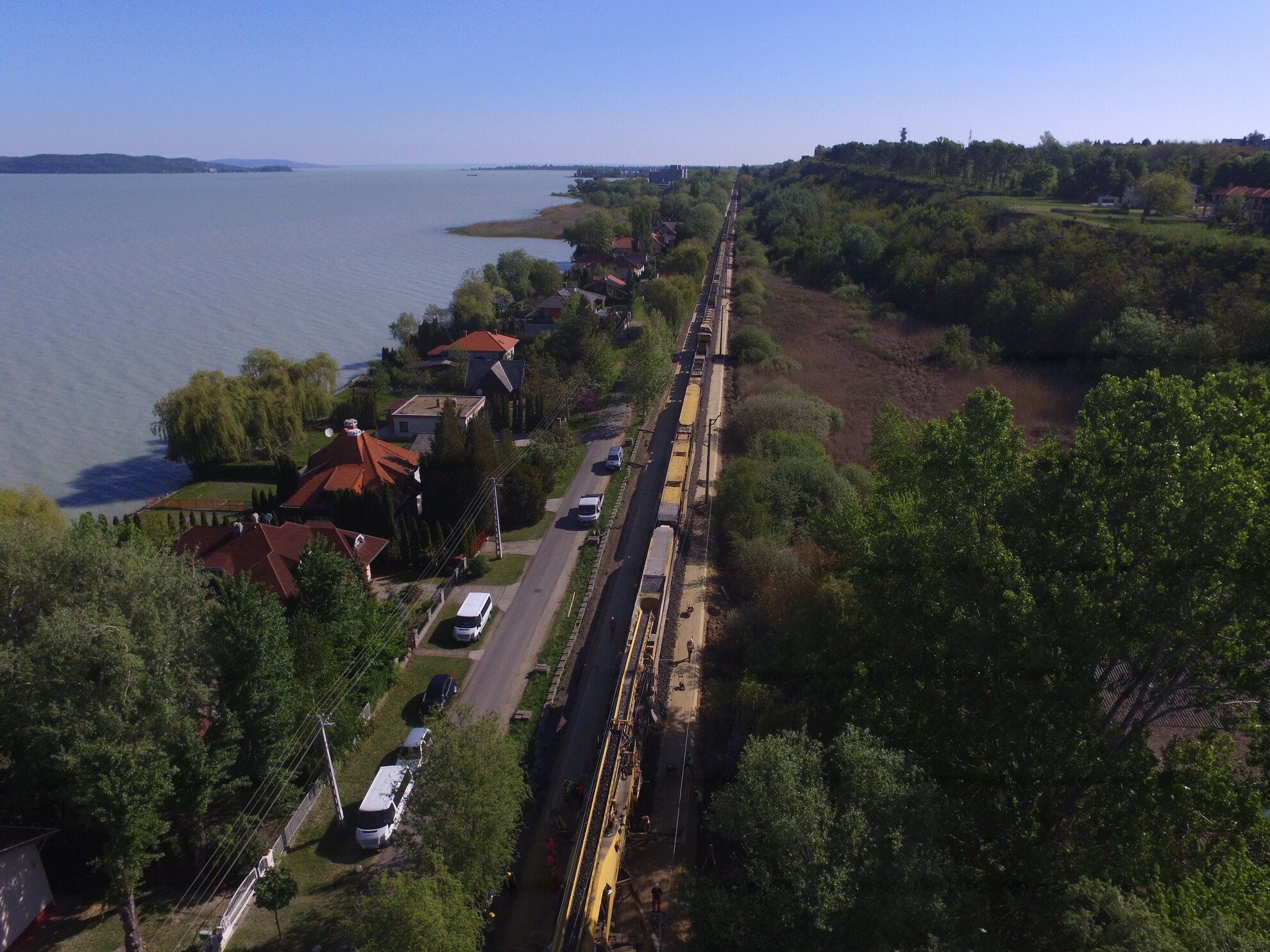
“The highly anticipated investment will play a significant role in the lives of both local residents and tourists. It will not only produce an aesthetically pleasing result, but it will also make traveling safer, reduce journey time, and increase the comfort level of the trains with ‘passenger-friendly’ services,” said MP Mihály Witzmann.
In the framework of the refurbishment, the entire railway network will be revamped: as of the summer of 2018, trains serving the route between Szántód-Kőröshegy and Balatonszentgyörgy are expected to be able to travel at 100 km/h instead of the current 80km/h and sometimes 60km/h.
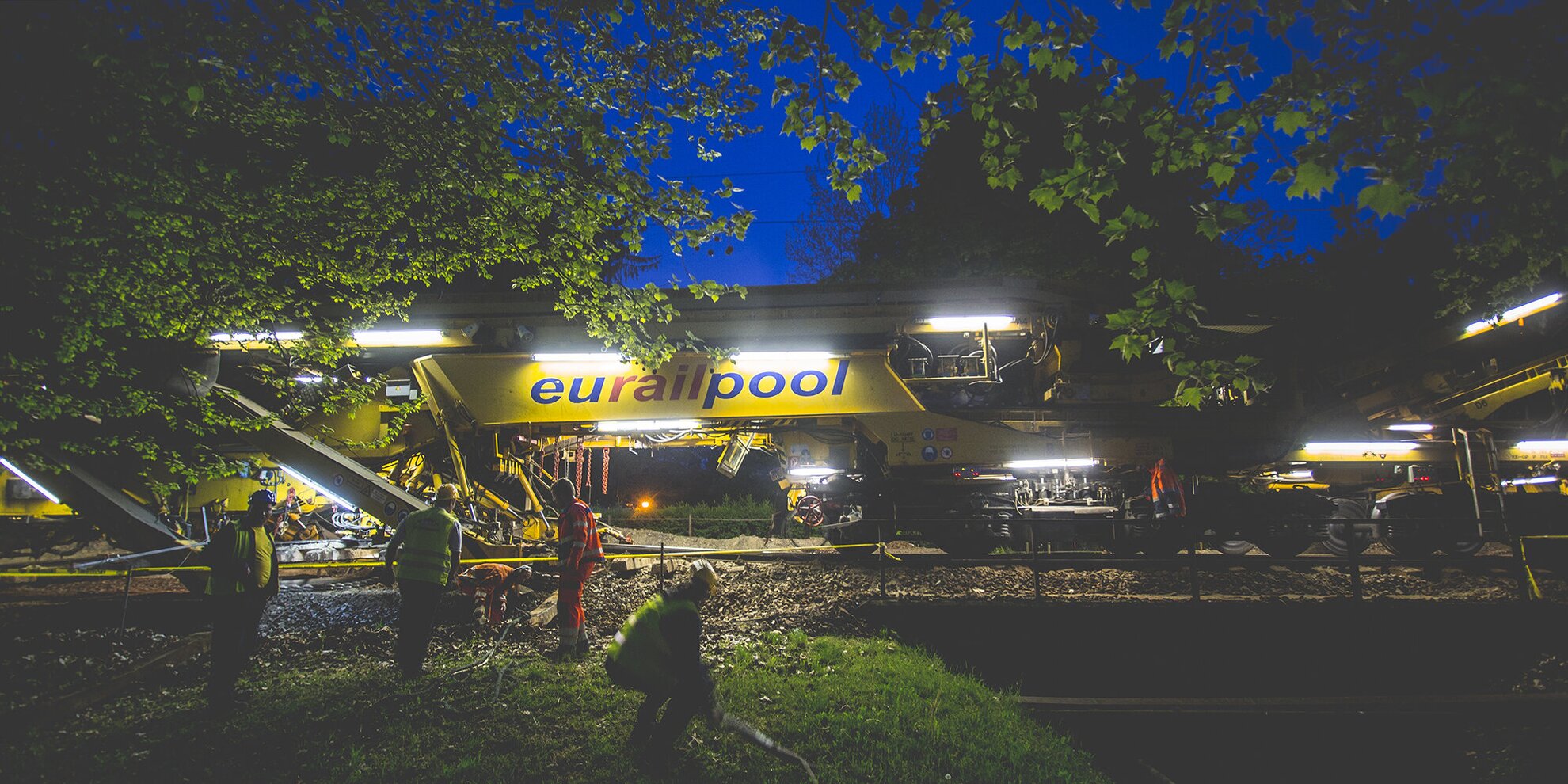
“Following the repairs carried out earlier on the Budapest-Székesfehérvár route and between Lepsény and Szántód-Kőröshegy, a trip to Balaton takes only 80-89 minutes. We utilize the most cutting-edge technology available in Europe: the tracks and railroad ties are replaced with the help of a modern, 800-meter long formation rehabilitation machine. These machines can operate in all kinds of weather, 24 hours a day; they are efficient, precise, and make keeping to a schedule very easy,” said Dániel Loppert, head of communications at NIF Zrt.
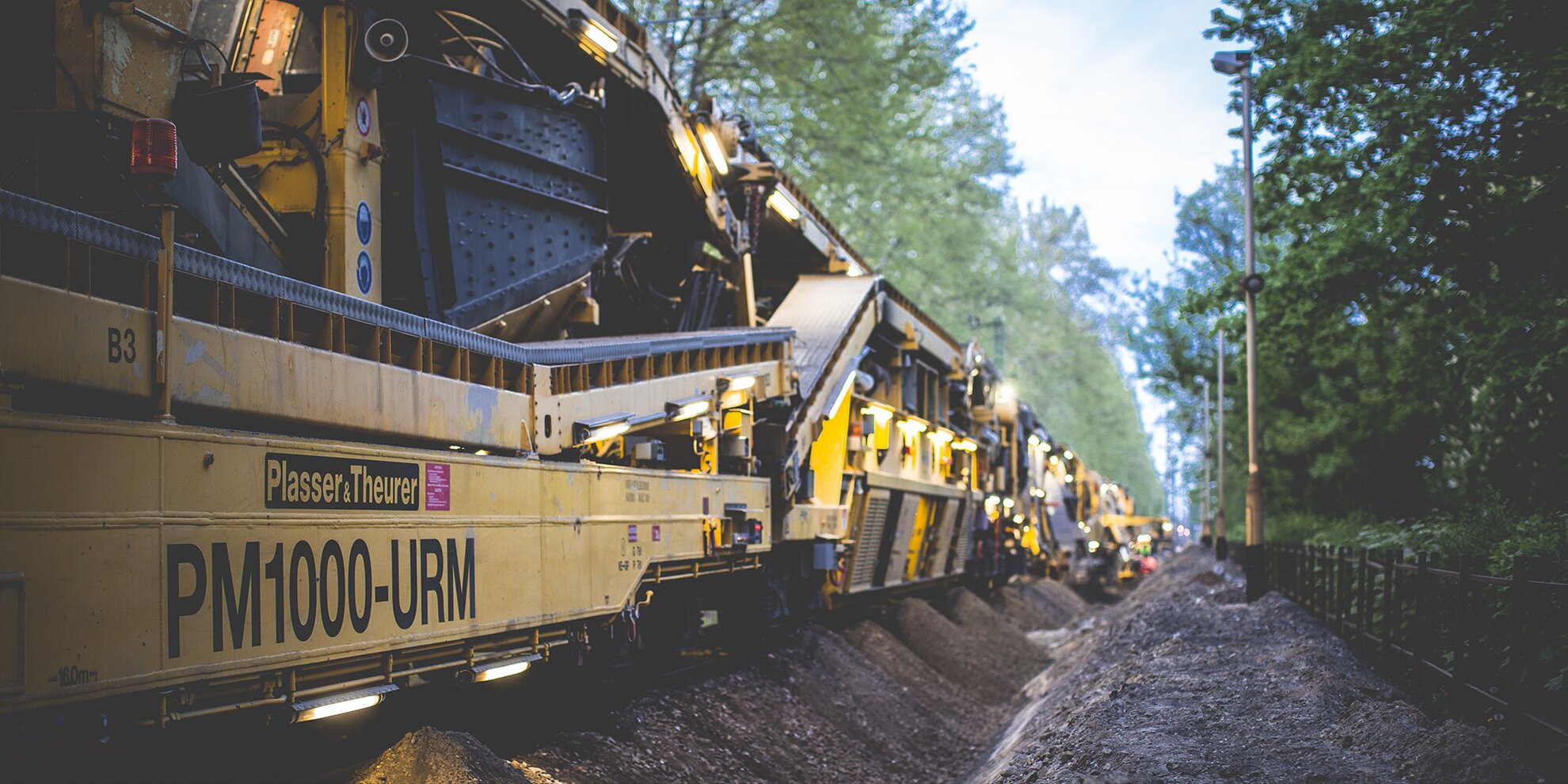
According to Loppert, the refurbishment is executed in an environmentally friendly manner because there’s no need to use huge trucks for the transportation of construction materials, so the project has no major impact on the traffic of towns around Balaton, nor does it disturb the lives of local communities. “The rails we remove are revamped and recycled to be used on the Fonyód-Kaposvár route where the current journey time of 75-80 minutes will be cut to 55 minutes,” added the communications director.

